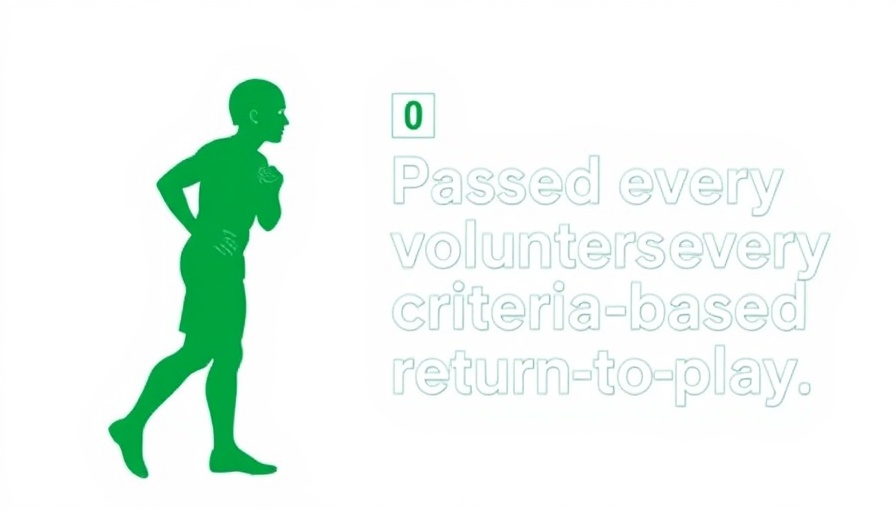
Community Health Centers: The Unseen Warriors Against Infectious Diseases
Infectious diseases can spread like wildfire, particularly in low-income and underserved areas where healthcare access is limited. The aftermath of the COVID-19 pandemic has only intensified these challenges, emphasizing the urgent need for effective healthcare solutions. Fortunately, community health centers are becoming increasingly vital in mitigating the risk of outbreaks and providing essential care before diseases spiral out of control.
Breaking Down Barriers to Healthcare Access
For many individuals in underprivileged neighborhoods, community health centers serve as crucial lifelines. They cater to patients who might otherwise fall through the cracks due to a lack of insurance, language barriers, or socioeconomic challenges that make seeking care daunting. These clinics not only offer low-cost or free healthcare services but also provide a level of comfort and trust not easily found in larger healthcare institutions.
When people know they can receive help without financial burdens, they are more likely to seek early treatment for health issues such as influenza, tuberculosis, and sexually transmitted infections. This proactive approach is key in preventing the spread of infections, allowing healthcare providers to track and respond to health crises effectively.
Empowerment Through Health Education
Education plays a pivotal role in disease prevention, a truth that community health centers have embraced wholeheartedly. By conducting outreach programs in schools, churches, and community centers, they aim to instill basic health habits—for example, handwashing and understanding health symptoms—in their local populations.
Trust is essential; people are often more willing to heed advice from someone they can relate to. Having health educators who share the same background and speak the same language as the community fosters greater engagement and understanding, ultimately leading to a more informed public.
Rapid Response: A Community Focused Approach
When a health crisis arises, rapid response is critical. Community health centers, deeply rooted in their neighborhoods, have the agility to react swiftly. Unlike larger hospitals, they possess an intimate understanding of local patterns and risks, enabling them to mobilize services such as testing, treatment, and isolation effectively.
During the COVID-19 pandemic, these centers transformed into vital vaccination hubs. They not only administered vaccines but also distributed masks and hygiene kits, serving as trusted sources of information. Their swift actions likely saved countless lives and showcased their essential role within the public health infrastructure.
The Heartbeat of Community Care: Nurses Making a Difference
The impact of community health centers would not be possible without the dedicated professionals working within them, especially nurses. Often the first point of interaction, nurses play a critical role in identifying symptoms promptly and providing compassionate care.
Trained nurses are equipped to screen patients, deliver vaccines, and educate families—tasks that become especially crucial during outbreaks. Their ability to connect with patients on a personal level brings a human touch to healthcare, ensuring patients feel seen, heard, and cared for when it matters most.
Beyond Immediate Care: Long-Term Benefits of Community Health Initiatives
Investing in community health centers not only benefits immediate patient care but also contributes to long-term public health. By addressing health disparities and fostering healthier communities, these centers can decrease the overall incidence of infectious diseases.
They create an ecosystem where preventive care, education, and quick response systems work hand in hand, promoting healthier choices and awareness among community members. Furthermore, as concierge medical practice owners look to establish themselves as leaders in their local healthcare domain, understanding and utilizing the practices of community health centers can offer distinctive insights into patient engagement and community service.
A Call for Collaboration and Community Support
As the health landscape continues to evolve, it is essential for active participation from all healthcare stakeholders, including concierge practices, to collaborate with community health centers. Emulating their outreach efforts and commitment to education can elevate patient relationships and enhance practices.
To further strengthen these connections, consider supporting local health initiatives and identifying ways to integrate community-centered approaches into your practice. By working together, we can build a healthier future for everyone in our community.
 Add Row
Add Row  Add
Add 






Write A Comment